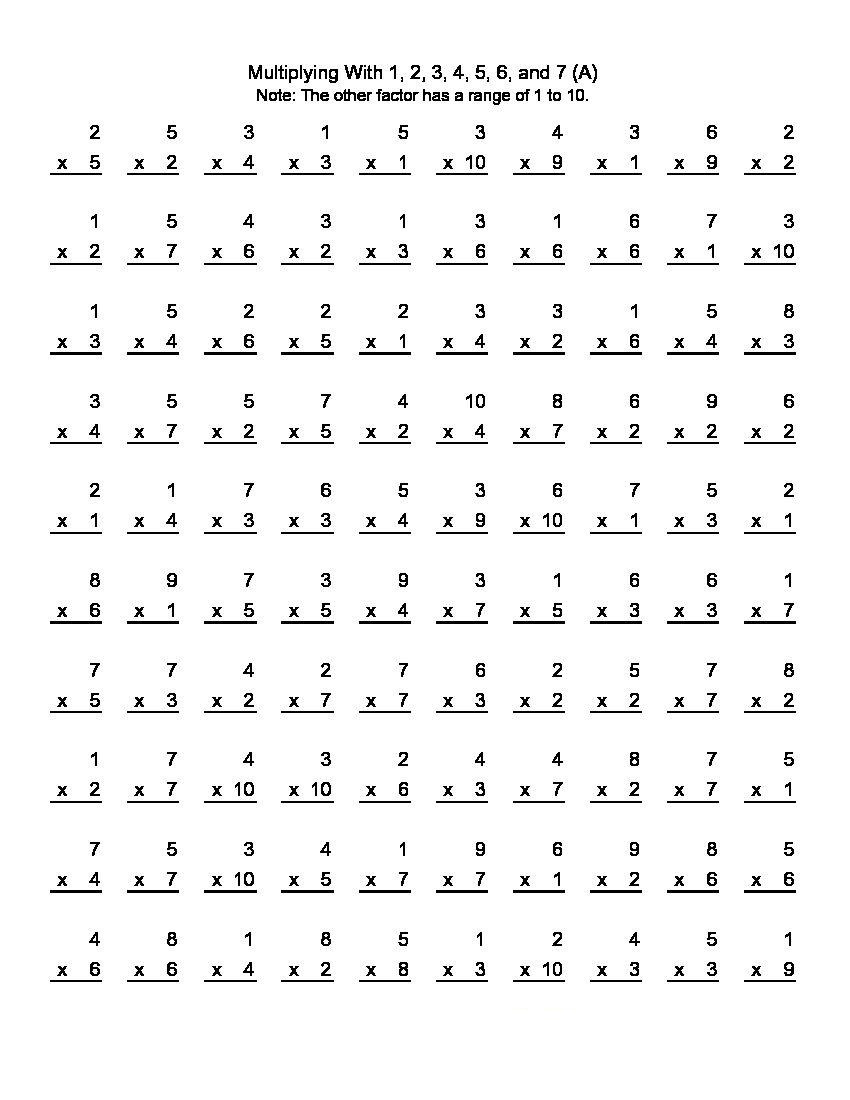

- ONLINE ESSAY GRADER AND WRITING TUTOR CODE
- ONLINE ESSAY GRADER AND WRITING TUTOR PASSWORD
- ONLINE ESSAY GRADER AND WRITING TUTOR FREE
The Skills Lab offers free writing tutoring. 30 percent extra discount on summer courses at Parnassos.The Outdoor Common Room (Botanic Gardens).Career Services for PhDs Close submenu +.Confidential Counsellor for Inappropriate Behaviour.Studying without Limitations Close submenu +.Studying with a disability Close submenu +.Video series: Smart studying - Where science meets students Close submenu +.Know-how videos studying and writing: Skills Boosters Close submenu +.Tips & tools for studying and writing Close submenu +.Study support group for students with a diagnosis of ADHD/ADD.Study support group for students with ASD.Quiet minds, better now - Experiences from students.Workshop Autonomie Duurzaam Eigen Maken (Dutch).Workshop 'Working Conciously & Effectively'.Guidance and development Close submenu +.Government and participation Close submenu +.Agencies, platforms and current availability.Student housing in Utrecht Close submenu +.Student life and housing Close submenu +.


ONLINE ESSAY GRADER AND WRITING TUTOR CODE
Reporting Code for Domestic Violence or Child Abuse.Information about the Examination Appeals Board and decisions.Examination Appeals Board Close submenu +.Complaints, objections and appeals Close submenu +.Policies and procedures Close submenu +.(Financial) consequences and regulations.Termination of enrolment Close submenu +.Secure Access - Two-Factor Authentication (2FA).
ONLINE ESSAY GRADER AND WRITING TUTOR PASSWORD
Secure Access - Tools for remembering your password. Secure Access - Choosing a secure password. Protect yourself against - Identity fraud. Protect yourself against - Hacking tools (USB). Information security – Share files securely with SURFfilesender. How do I secure my device - USB flash drive or mobile harddisk. How do I secure my device - Smartphone or tablet. How do I secure my device - Securing your computer. How do I secure my device - Wi-Fi on the go: secure or not?. Non-degree courses and contract teaching. Leadership Programme (Ma) Close submenu +. Information sessions, contact and student experiences. Graduate Honours Interdisciplinary Seminars (Ma) Close submenu +. Study abroad after graduation Close submenu +. Contact International Office Close submenu +. Letter of recommendation from a student counsellor. In your conclusion, be sure to sum up the views you have just presented, adding any relevant last thoughts to finish your essay. It can often help to consider and work alternative interpretations of a piece into your writing even if they do challenge your own opinions, as this adds depth and colour to your reasoning. Don't be afraid to be original! As long as you provide evidence to support your theories, there can be no wrong answer. Finally, you must 'explain' how your presented opinions address the question to produce a strong case to an examiner. Any points made regarding the impact of these techniques must be related back to the question in order to present a focused and thoughtful piece of work. It is important to identify and closely analyse the language within your chosen quotes, as this demonstrates your knowledge of literary techniques and adds depth to your discussion. Each argument / 'point' you propose must be supported by evidence / 'quotes' from the text. Within the main body of the essay, each paragraph should be clearly signposted with your argument or 'point' in order to explicitly highlight to examiners what you are discussing in relation to the theme of the question. You should aim to write a short and clear introduction which outlines your argument and the points you will be making within the essay. It is also important to take time to ensure that you understand what the question is asking you to consider in order to guarantee that your answer correctly addresses the task at hand in a concise and relevant manner. The best essays articulate informed, creative and personal responses to a text, this can be achieved through the simple "PQE" structure where each argument consists of a 'point', 'quote' and an 'explanation' in relation to the question. This will ensure that your body of work will be clear and structured. Therefore, before writing I would recommend spending at least five minutes jotting down how you plan on answering the question, the main points you wish to cover within your argument and the quotations from the text you will be using as supporting evidence. Answering any examination style question may appear to be a daunting task, however if you take time to carefully plan an essay before beginning to write, you will immediately notice that you are producing more organised and coherent ideas within your argumentation.







 0 kommentar(er)
0 kommentar(er)
